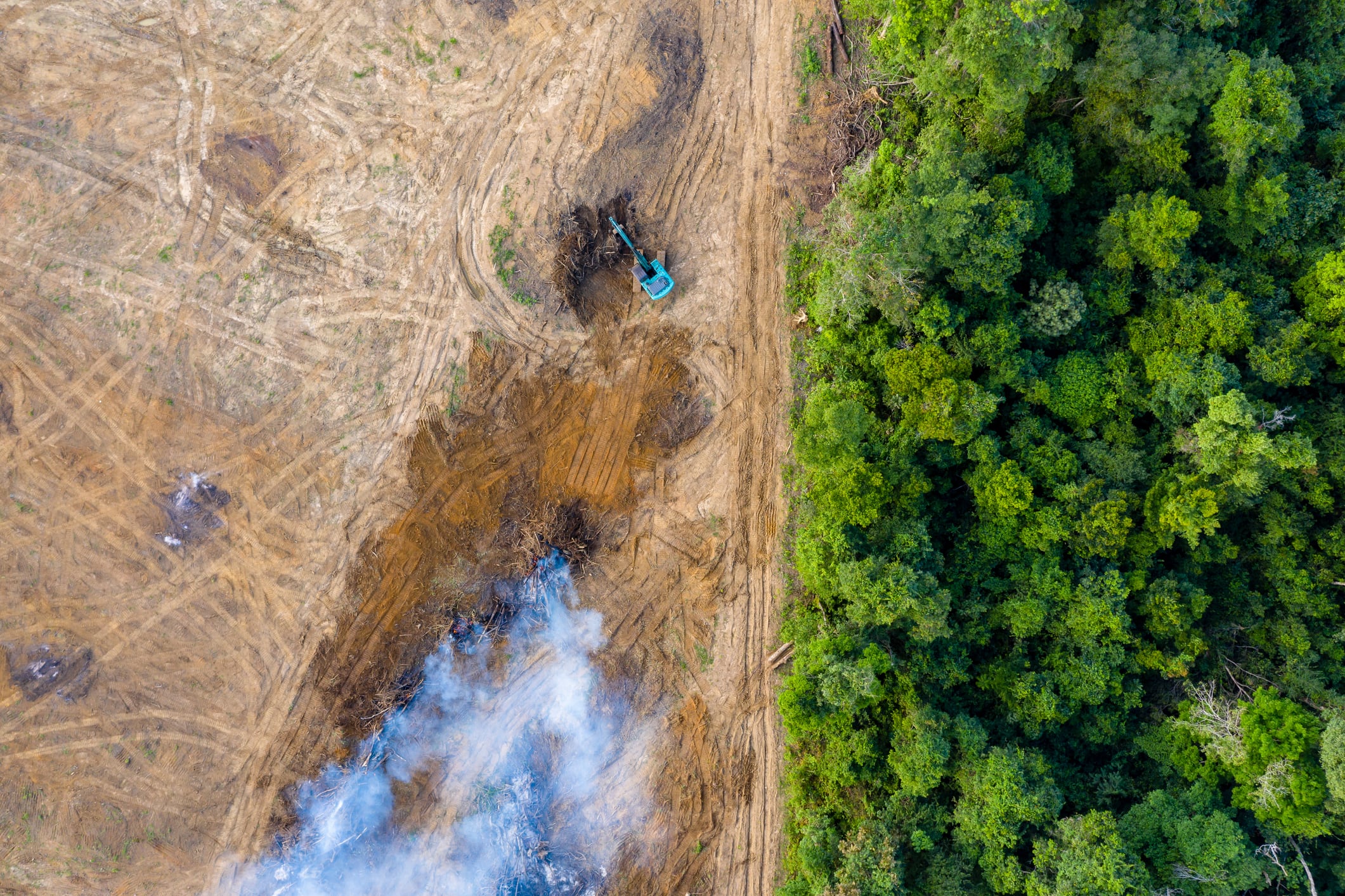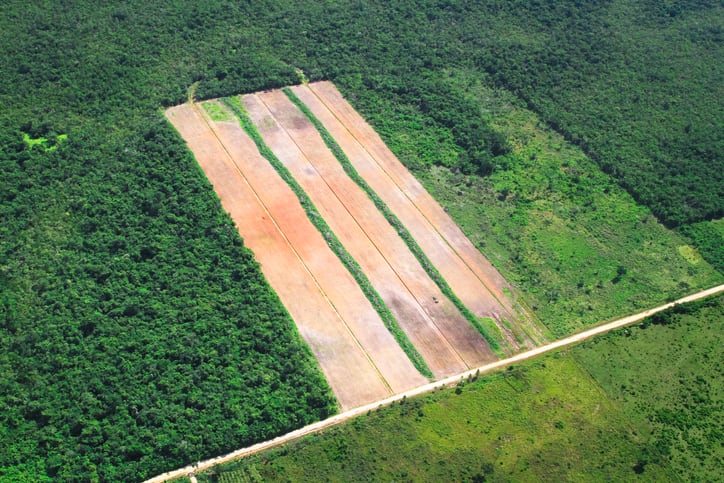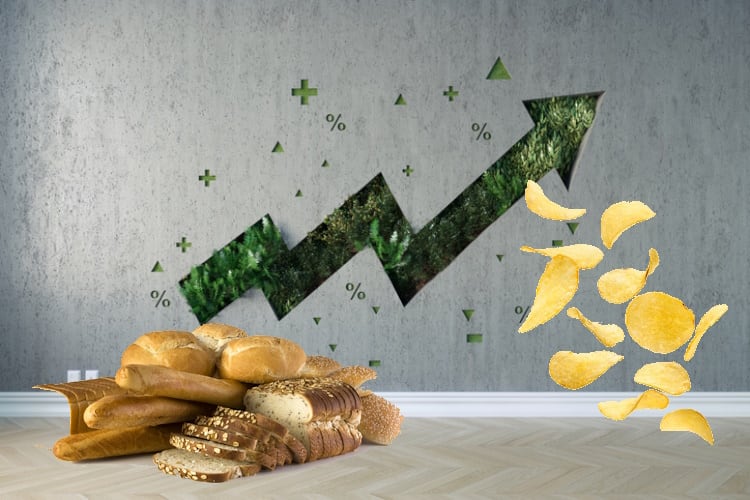Key takeaways:
- Civil society groups warn Mondelez’s call for another delay would weaken the EUDR before it even takes effect.
- The food sector is split, with some majors backing postponement while others push to keep the December 2025 deadline.
- For bakery and snack makers, compliance is critical as core ingredients like cocoa, palm oil and soy come under scrutiny.
More than two dozen civil society groups have taken aim at Mondelez International over its call to push back Europe’s new anti-deforestation law. The chocolate and snacks heavyweight – behind Cadbury, Oreo, Toblerone and Ritz – wants another year’s grace before the EU Deforestation Regulation (EUDR) kicks in. Critics say that’s one delay too many.
The law, passed in 2023 after years of political wrangling, is designed to keep products linked to deforestation out of the EU market. It covers seven high-risk commodities, including cocoa, soy and palm oil. Big companies are supposed to comply from December 30, 2025, while smaller operators get until June 2026.
Mondelez argues that cocoa-growing nations simply aren’t ready. Building the traceability systems required to track beans from farm to factory takes time and the company warns that forcing through the deadline could disrupt supply chains already stretched by high prices and poor harvests. It’s a familiar line – the EU already agreed to one 12-month delay in 2024.
But NGOs say the company is playing with fire. In a joint letter coordinated by Mighty Earth, the coalition warned: “Any further delay fundamentally threatens the regulation by postponing critical action and opening the entire regulatory framework for re-examination, debate, and further dilatory tactics.”
Europe burns as the debate rages
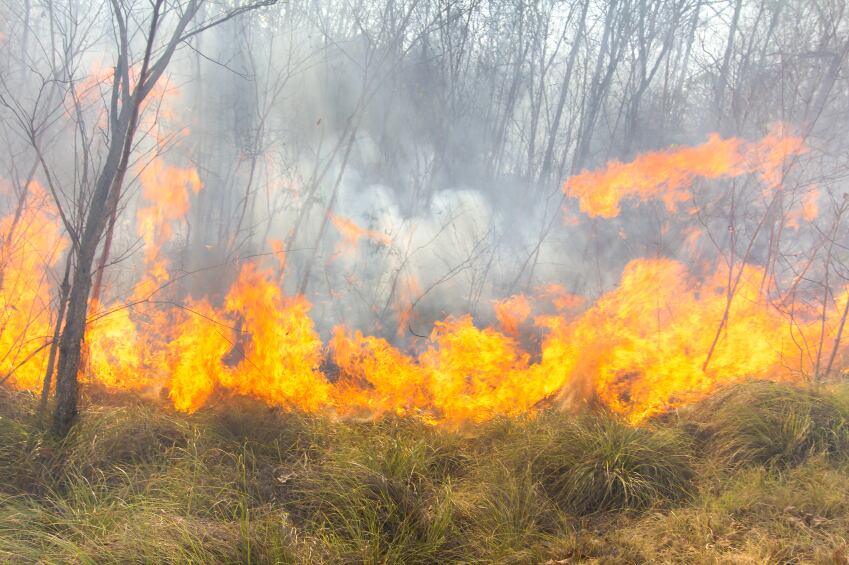
The timing could hardly look worse for Mondelez. Europe has just endured its worst wildfire season on record in 2025. According to the European Commission, more than 1,025,000 hectares of forest have gone up in smoke this year – compared with just 222,000 hectares during the same period in 2024. Carbon emissions from the fires have already topped 38.7 million tons, more than triple last year’s figure.
That scale of destruction makes the urgency almost tangible. Environmentalists often note that a forest the size of a football pitch disappears every few seconds; Mighty Earth has translated the crisis into a starker image. Every 130 seconds, on average, a hectare of forest is lost. That means that while lawmakers debate and companies call for delay, Europe’s forests are vanishing in real time.
“Europe has just experienced the worst fires since records began, with more than a million hectares burned and carbon emissions having tripled last year’s figures,” says Alex Armstrong, VP of External Affairs at Mighty Earth. “With the world’s forests falling fast to agricultural expansion and fueling global heating, it’s critical the EUDR is implemented on time.
“Companies have used the two years since the legislation was passed to put in the time, work and money to prepare for the law. Most stand ready to comply. EU policymakers cannot allow any further delay to the Regulation. This would serve only to reward the laggards and slackers – and imperil the entire legal mechanism.”
In other words: every minute matters.
Industry split on strategy

Mondelez isn’t the only one asking for breathing space. A group of 18 EU Member States – among them Italy and Austria – has also lobbied Brussels to go easier on ‘low-risk’ producer countries and floated another extension. Producer governments themselves have complained that the paperwork is excessive and digital infrastructure too patchy to make the deadline work.
But plenty of companies see it differently. Nestlé, Ferrero and Danone have all lined up in support of sticking with the December start date, saying the industry has had more than enough time to prepare. They’re also aware of consumer sentiment: A 2024 poll found that 82% of Europeans don’t want to buy products that destroy forests, and 81% back the EUDR.
The divide is obvious. Early movers who’ve already invested in mapping farms and verifying suppliers worry their efforts will be undermined if laggards are given more time. Others are banking on another reprieve to avoid hefty compliance costs.
For policymakers, though, it’s about more than market dynamics. The credibility of the EU’s climate agenda is at stake and rolling back now, after record fires, would be politically toxic.
What the law demands
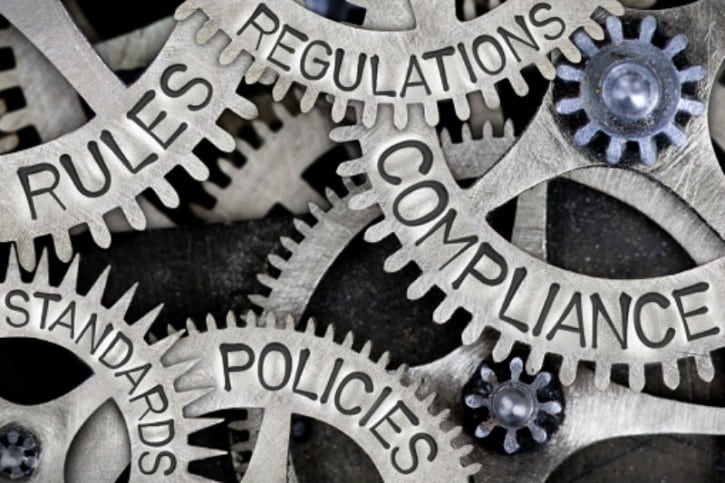
The EUDR has been years in the making. Drafted in 2020 and finalized in December 2022 after long negotiations between the European Parliament, Council and Commission, it sets out a clear requirement: products derived from beef, cocoa, coffee, palm oil, soy, rubber and wood must be both deforestation-free and legally produced to make it onto EU shelves.
That’s not just a vague commitment. Companies will need to geolocate the precise plots of land where their commodities were grown and prove no deforestation has taken place since December 31, 2020. Goods sourced from illegally cleared land – including protected areas – won’t be allowed.
Non-compliance comes with real consequences: Products can be pulled from the EU market. Given the bloc’s 450 million consumers, that’s a serious commercial threat. The staggered timeline was meant to make the transition fair, with large companies expected to comply first and smaller players given until mid-2026.
Supporters say the industry has had years to prepare. For them, another delay would only let the foot-draggers off the hook.
EUDR at a glance
What it covers: Cattle (beef and leather), cocoa, coffee, palm oil (and its derivatives), soy, rubber and wood (including timber, pulp and paper products).
Start dates: December 30, 2025 (large companies); June 30, 2026 (SMEs)
Key requirement: Goods must be deforestation-free and legally produced, with origins geolocated and verified
Penalty: Non-compliant products can be barred from the EU market
Public support: 82% of Europeans oppose products that destroy forests; 81% back the law
What it means for bakery and snack producers: Core ingredients like cocoa, soy and palm oil will need full traceability, forcing tighter supplier checks and potentially reshaping sourcing strategies.
Snack makers at a crossroads

For bakery and snack makers, this isn’t just a Brussels policy debate – it’s a question of market positioning. Cocoa and palm oil remain core ingredients for many products. With cocoa prices at record highs and smallholder farmers under pressure, compliance isn’t going to be easy. Mondelez has warned that rushing the process risks breakdowns in traceability, which could choke supply and drive up costs.
But campaigners argue that the same fragility makes action all the more urgent. Allowing another delay, they say, would only water down Europe’s flagship climate law and damage its credibility.
The real stakes may lie in consumer trust. Companies able to demonstrate clean, deforestation-free supply chains will be in a strong position to win over shoppers and regulators alike. Those still asking for extensions risk being cast as part of the problem, not the solution.
Be climate smart
FoodNavigator’s Climate Smart Food broadcast series kicks off on Sep tember 9, 16 and 23, bringing together voices from Nestlé, KIND Snacks, Ingredion, ING Bank, Newcastle University and more.
From smart farming and resilient ingredients to low-impact packaging and emissions reduction, this free webinar series cuts through the noise with practical strategies to tackle climate risk.
Can’t join live? Register now for free access to the on-demand sessions.


